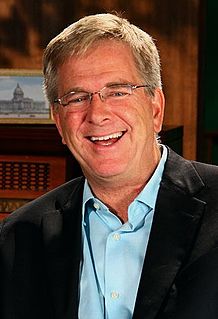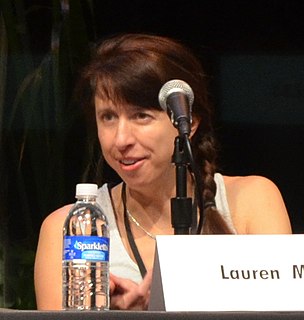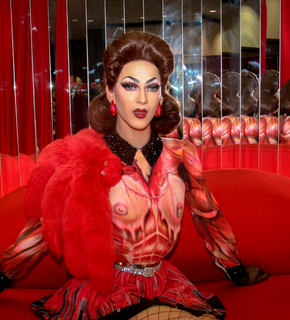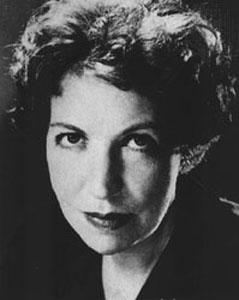A Quote by Jane Jacobs
Modernism really started with people getting infatuated with the idea of "it's the twentieth century, is this suitable for the twentieth century." This happened before the First World War and it wasn't just the soldiers. You can see it happening if you read the Bloomsbury biographies. It was a reaction to a great extent against Victorianism. There was so much that was repressive and stuffy. Victorian buildings were associated with it, and they were regarded as very ugly. Even when they weren't ugly, people made them ugly. They were painted hideously.
Quote Topics
Against
Associated
Before
Biographies
Buildings
Century
Even
Extent
First
First World
First World War
Getting
Great
Happened
Happening
Idea
Infatuated
Just
Made
Modernism
Much
Painted
People
Reaction
Read
Really
Regarded
See
Soldiers
Started
Suitable
Them
Twentieth
Twentieth Century
Ugly
Very
Victorian
War
Were
World
World War
Related Quotes
The great crime which the moneyed classes and promoters of industry committed in the palmy Victorian days was the condemning of the workers to ugliness, ugliness, ugliness: meanness and formless and ugly surroundings, ugly ideals, ugly religion, ugly hope, ugly love, ugly clothes, ugly furniture, ugly houses, ugly relationship between workers and employers. The human soul needs actual beauty more than bread.
It was a weird game. There was ugly shooting and a lot of turnovers and mistakes, and we were just fortunate to get the win. I should have done better, but it was just a very ugly and weird game... I knew the game was going to be an ugly game when I saw those three guys at the scorer's table. Ugly people call ugly games.
It has been said that the three great develpments in twentieth century science are relativity, quantum mechanics, and chaos. That strikes me the same as saying that the three great developments in twentith century engineering are the airplane, the computer, and the pop-top aluminum can. Chaos and fractals are not even twentieth century ideas: chaos was first observed by Poincare and fractals were familiar to Cantor a century ago, although neither man had the computer at his disposal to show the rest of the world the beauty he was seeing.
The great crimes of the twentieth century were committed not by money-grubbing capitalists but by dedicated idealists. Lenin, Stalin, and Hitler were contemptuous of money. The passage from the nineteenth to the twentieth century has been a passage from considerations of money to considerations of power.
I would like travelers, especially American travelers, to travel in a way that broadens their perspective, because I think Americans tend to be some of the most ethnocentric people on the planet. It's not just Americans, it's the big countries. It's the biggest countries that tend to be ethnocentric or ugly. There are ugly Russians, ugly Germans, ugly Japanese and ugly Americans. You don't find ugly Belgians or ugly Bulgarians, they're just too small to think the world is their norm.
In the nineteenth century, which was a dark and inflationary age in typography, man compositors were encouraged to stuff extra space between sentences. Generations of twentieth-century typists were then taught to do the same, by hitting the spacebar twice after every period. Your typing as well as your typesetting will benefit from unlearning this quaint Victorian habit.
The trouble with Christianity was that by about 150, there were hardly any Jews left in the Christian church, and so from that time until the last part of the twentieth century, the only people reading the gospels and interpreting the gospels and writing commentaries on the gospels were gentiles who were simply ignorant of the Jewish background, and I just thought they were prejudiced.
Another vampire pushed her way through the crowd to stand at his side—a pretty blue-haired Asian girl in a silver foil skirt. Clary wondered if there were any ugly vampires, or maybe any fat ones. Maybe they didn't make vampires out of ugly people. Or maybe ugly people just didn't want to live forever.




































